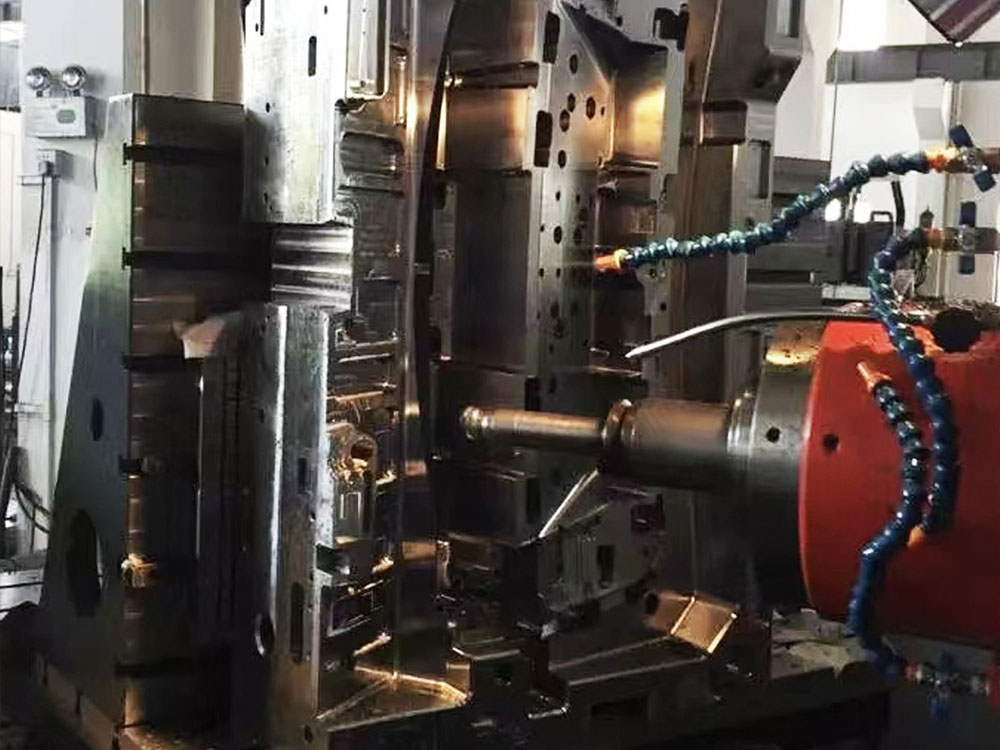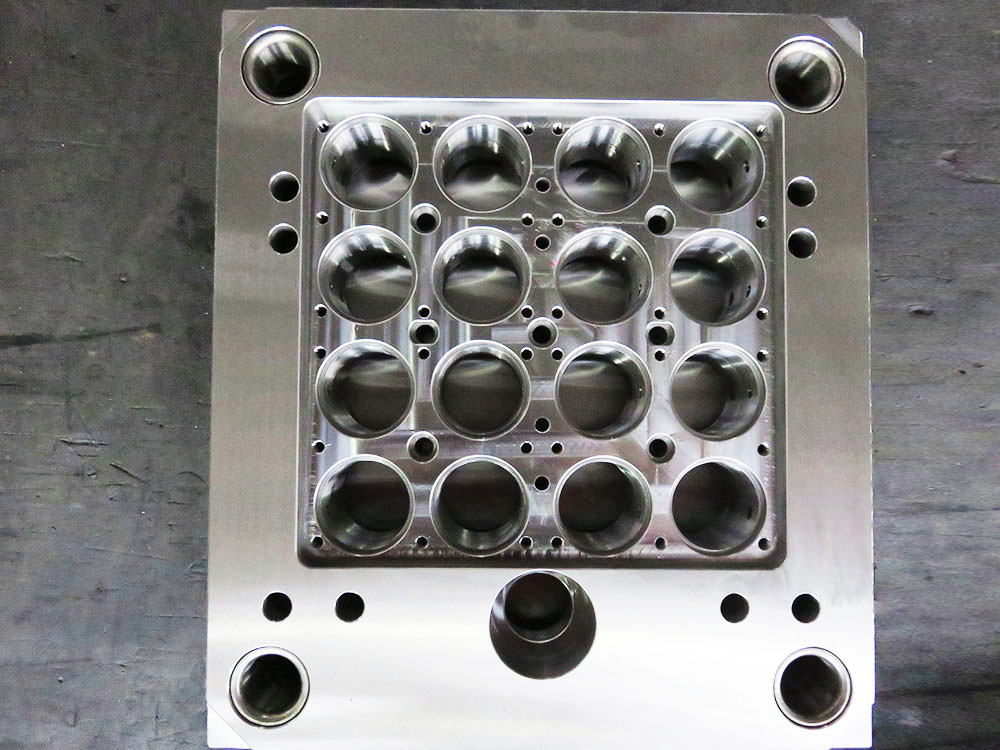The Meaning of GCI Framework in the Mold Base Industry
The Global Competitive Index (GCI) framework is an invaluable tool for the assessment and analysis of the mold base industry. This framework provides a comprehensive understanding of the industry's competitiveness, allowing companies to identify opportunities for growth and improvement. In this article, we will delve into the significance of the GCI framework within the context of the mold base industry.
Fostering Innovation and Technological Readiness
One of the key areas evaluated by the GCI framework is innovation and technological readiness. The mold base industry heavily relies on innovation to develop advanced solutions and meet customer demands. The framework assesses factors such as research and development (R&D) expenditure, collaboration between industry and academia, and the availability of advanced technologies.
By examining these aspects, the GCI framework enables companies in the mold base industry to identify opportunities for enhancing their innovation capabilities. It prompts companies to allocate resources towards R&D activities, establish partnerships with research institutions, and adopt emerging technologies. Through these efforts, companies can stay at the forefront of innovation, thereby strengthening their competitiveness.
Infrastructure Development for Efficient Operations
Another vital aspect evaluated by the GCI framework is infrastructure development. In the mold base industry, having reliable and efficient infrastructure is crucial for ensuring smooth operations. This includes adequate transportation networks, reliable power supply, and robust communication systems.
The GCI framework allows companies to assess the quality and availability of infrastructure in different regions. By identifying areas that lack sufficient infrastructure, companies can make informed decisions about expanding their operations or investing in infrastructure development. This analysis helps companies optimize their supply chain, reduce costs, and improve overall efficiency.
Enabling Business and Technological Adoption
In today's digital era, the adoption of business and technological innovations is vital for maintaining competitiveness. The GCI framework evaluates factors such as the ease of doing business, the impact of government regulations, and the level of digitalization within an industry.
Through this evaluation, the GCI framework provides valuable insights into the favorable business environment for the mold base industry. It assists companies in identifying regions where regulatory frameworks are conducive to business growth and where digitalization is at an advanced stage. Armed with this knowledge, companies can strategically expand their operations in favorable regions and leverage technology to enhance their production processes.
Human Capital Development and Education
The mold base industry heavily depends on skilled labor. The GCI framework recognizes the significance of human capital development and education, providing insights into the accessibility and quality of education systems, vocational training programs, and the availability of a skilled workforce.
By gaining a deeper understanding of the human capital aspects evaluated by the GCI framework, companies can make informed decisions regarding the location of their operations. They can identify regions with well-established education systems and vocational training programs that cultivate a pool of skilled workers. This knowledge empowers companies to make strategic investments in regions where they can easily access a skilled workforce.
Conclusion
The GCI framework plays a crucial role in the mold base industry by providing an in-depth analysis of various factors that determine competitiveness. Through the framework, companies can assess innovation capabilities, infrastructure development, business environment, and human capital aspects. Armed with this knowledge, companies can make informed decisions, enhance their competitive advantage, and drive growth in the mold base industry.




